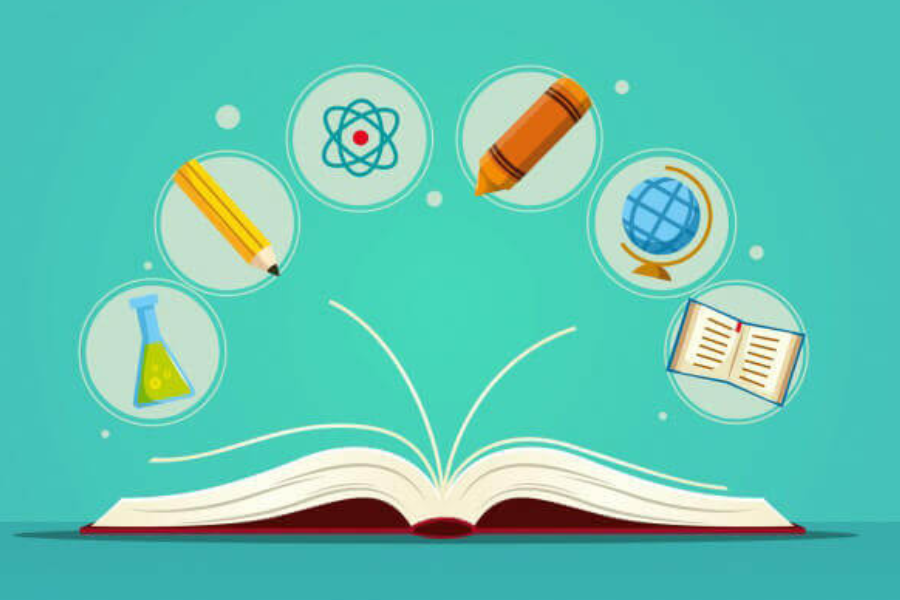An All-in-One School ERP (Enterprise Resource Planning) system can offer numerous
benefits to educational institutions, including schools, colleges, universities, and
training centres. The primary goal of School ERP is to streamline and optimize
various administrative, academic, and operational processes within an educational
institution.
Here are some key reasons why educational institutions might find a need for the
best School ERP:
Centralized Management: School ERP provides a centralized platform to manage various aspects of the institution, such as student information, faculty details, courses, timetables, attendance, and more. This centralized approach reduces data redundancy and improves data accuracy.
Efficient Communication: The ERP system facilitates smooth communication between different stakeholders, including students, parents, teachers, and administrators. Announcements, notifications, circulars, and alerts can be easily disseminated through the system.
Automated Processes: With an ERP, routine tasks like attendance tracking, fee collection, exam scheduling, and report card generation can be automated. This reduces manual workloads for staff and minimizes the chances of errors.
Data Analytics and Reporting: School ERP enables institutions to generate comprehensive reports and analyze data trends. This data-driven approach can aid in making informed decisions regarding curriculum, student performance, resource allocation, and more.
Streamlined Admission Process: The ERP system can simplify the admission process by providing online application forms, tracking application status, managing entrance exams, and storing applicant information in an organized manner.
Parental Engagement: Parents can access the ERP to stay updated on their child's attendance, academic progress, homework assignments, and school announcements. This enhances parental involvement in the educational journey.
Resource Management: Efficiently manage school resources like classrooms, laboratories, libraries, and equipment through the ERP system. This helps avoid conflicts and ensures optimal utilization.
Financial Management: The ERP can handle financial aspects such as fee collection, expense tracking, budget management, and generating financial reports, making financial processes transparent and manageable.
Attendance and Timetable Management: Monitor student attendance, create timetables, and manage substitutions and changes more effectively. This reduces scheduling conflicts and ensures smooth operation.
Security and Data Privacy: A reliable School ERP system implements robust security measures to protect sensitive student and staff data. Access controls ensure that only authorized users can access specific information.
Scalability: As educational institutions grow, their requirements also evolve. A scalable ERP system can adapt to changing needs and accommodate a growing number of students, courses, and resources.
Integration: ERP can integrate with other systems like learning management systems (LMS), library management software, and communication platforms, creating a holistic ecosystem for managing all aspects of the institution.
Time and Resource Savings: By automating various processes, reducing paperwork, and minimizing manual data entry, an ERP system can significantly save time and resources for staff, allowing them to focus on more value-added tasks.
In conclusion, the need for the best School ERP Desalite Connect creates a more efficient, organized, and transparent educational environment. It optimizes administrative tasks, enhances communication, and enables data-driven decision-making, ultimately contributing to an improved overall learning experience for students, parents, teachers, and administrators.



